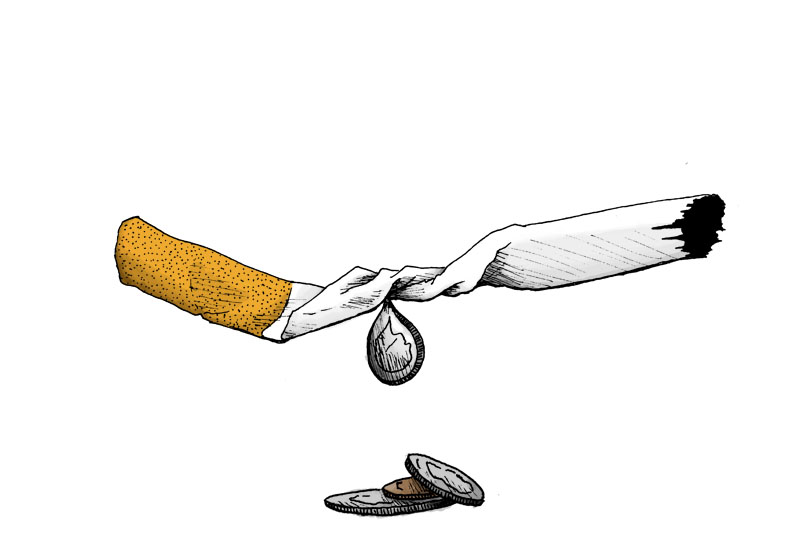 Indonesia’s Finance Ministry has said it doubts whether an increase in tobacco excise can, on its own, reduce the prevalence of smoking in the country, according to a story in The Jakarta Post.
Indonesia’s Finance Ministry has said it doubts whether an increase in tobacco excise can, on its own, reduce the prevalence of smoking in the country, according to a story in The Jakarta Post.
The ministry believes that tax increases need to be combined with non-fiscal policies to make it more effective.
Suahasil Nazara, the head of the ministry’s fiscal policy office, said besides gradually increasing excise tax, it was equally important to educate people about the negative impact of smoking and prevent young people from purchasing tobacco products
“I don’t believe that increasing excise tax will reduce the prevalence of smoking,” he said. “We need to use a combination of fiscal and non-fiscal policies.
The number of tobacco factories in Indonesia had fallen from 4,669 in 2007 to 714 in 2015, which reflected the recent decline in cigarette production, he added. This fact implied that production had decreased in line with market forces.
But the government’s argument was slammed by Hasbullah Thabrany, a professor of public health at the University of Indonesia’s School of Public Health, who said the reason behind the declining number of tobacco companies was that many small companies – mostly those producing hand-rolled cigarettes – were unable to compete with big firms.
The Finance Ministry announced in October that it had issued a regulation to increase excise taxes by an average of 10.54 percent next year for several types of cigarettes.











